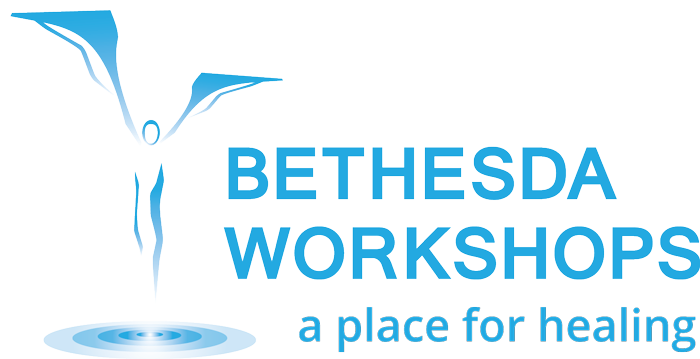Paul has reminded us that bitterness will destroy relationships and that we are to continually remove it from our lives. As you progress in your recovery and learn to live in continual conscious connection to God, bitterness is replaced by kindness and compassion toward others.
The process of this transformation is forgiveness. Forgiveness is never denying the wrong that was done, but rather, despite the hurt experienced, willingly forgiving that person so that you can be free of the control of bitterness on your life.
Often we realize we have to forgive others for not living up to our ideal. Sometimes a husband or wife may have to forgive a spouse for not being what they had pictured when they married. Most of us must forgive our parents for not providing all that we needed or for directly harming us in other ways.
Forgiveness is a journey, not an event. I have learned that whenever you are reminded of the wound you have experienced, it is an opportunity to forgive that person again. You can pray, “Lord, as much as I know how right now, I choose to forgive ____for ____.” It is normal to cycle through this process multiple times as our understanding of our woundedness deepens or as the triggers repeat.
Forgiveness does not automatically equal restoration of the relationship, because that outcome may or may not be possible, depending on the health of the person who has harmed you. Yet when it is appropriate to develop a new and healthier relationship with that person, forgiveness must be the foundation.
Forgiveness is not for the other person. It is not taking them off “the hook,” but rather setting yourself free so that you can be free from personal bitterness.
Ted Baldick, Ph.D.
Healing for Men workshop leader
